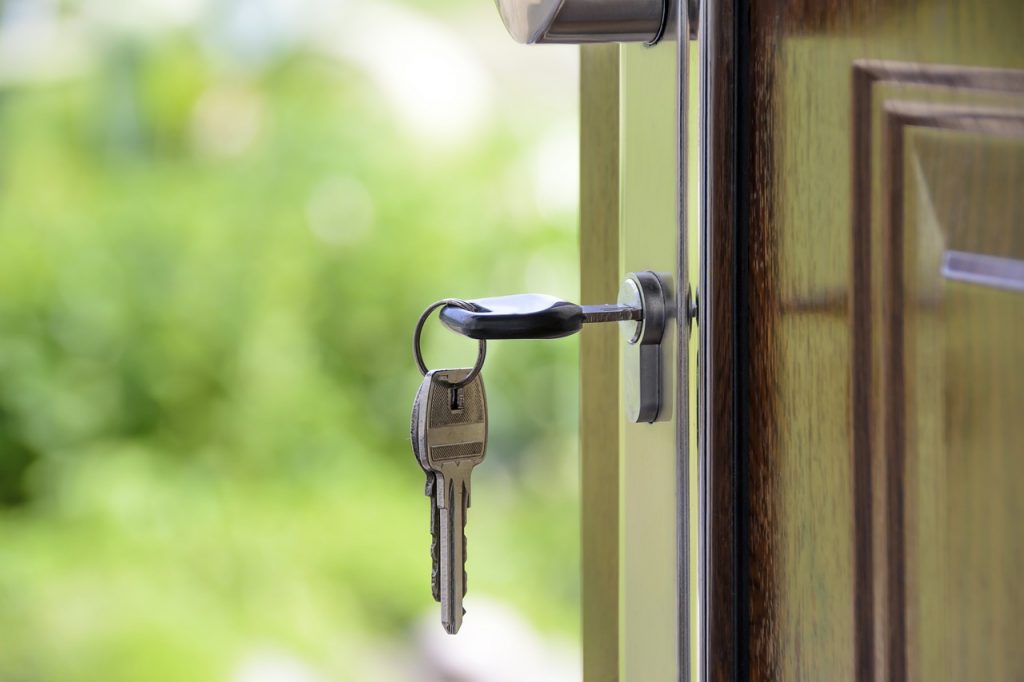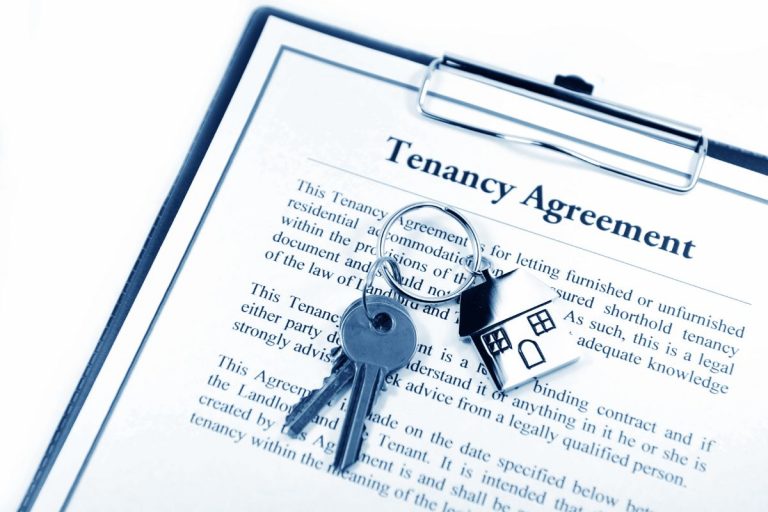Dubai is rated as one of the best locations for company establishment. Modern business structures, transparent processes, and tax regulations are just a few of the features that make it a desirable choice. Businesses who want to lease a commercial space in Dubai must follow a certain procedure and meet the requirements for eligibility stipulated by the government.
Today, we’ll go over all the procedures, requirements, and other important information pertaining to leasing commercial property in Dubai. Let’s first clarify the difference between leasing and renting commercial properties before moving on.
In Dubai, RENTING VS. LEASING COMMERCIAL PROPERTY
The terms lease and rent are frequently used interchangeably and are commonly mistaken with one another. But buying a property may be done in two distinct ways: renting and leasing.
In exchange for rent, the tenant in a rental property is granted temporary access privileges to the property. Depending on what the parties have agreed upon, the time frame may range from an hour to years.
In contrast, a property is normally leased for a longer length of time—up to 99 years—which may be shortened in specific situations. Additionally, a new contract must be executed between the parties when the existing one expires.
Now that you are aware of the distinction between rent and leasing, let’s explore Dubai’s commercial property leasing opportunities in more detail.
COMMERCIAL LEASE TYPES
Here are Dubai’s four main types of leasing agreements.

GROSS LEASE
LEASE OF LAND
TRIPLE NET LEASE
LEASE MODIFIED NET
COMMERCIAL PROPERTY LEASING IN DUBAI: HOW TO DO IT
ASSESSMENT OF FULFIL ELIGIBILITY
To lease commercial property in Dubai, companies must first get a trade license from the Dubai Economic Department. It limits the locations in which enterprises may lease property while also enabling them to operate lawfully in the Emirate. If your commercial property is in a freezone, the freezone’s authorities will grant the license.
Determining whether the business will be offshore or onshore is also important, in addition to the license. Companies must co-own their operations with an Emirati if they are onshore. However, if the company is operating from one of Dubai’s free zones, this requirement is not applicable.

SELECT THE TYPE OF OFFICE
The sort of commercial space that the company has rented will determine how many employment visas it may sponsor. Therefore, make a list of the amount of workers you intend to sponsor before looking through commercial properties for rent in Dubai.
The number of visas permitted according to the size of the office is as follows:
- Companies using Flexi-desk, commonly known as shared offices, are permitted to sponsor up to 3 work visas.
- Up to 5 visas may be sponsored by companies that have service offices.
- The number of visas is based on the number of completely leased physical offices and the size of the premises. 9 Sqm of the office space may accommodate 1 visa application.
REQUIRED DOCUMENTS FOR ALIGN
The following are the paperwork necessary for leasing commercial premises in Dubai.
- Evidence of business ownership
- Status of the premises that must adhere to current plans
- Passport or Emirates ID (Copy)
- trade permit (Copy)
- NOC (for expats) (for expats)
- Credit rating
- Statements of personal and corporate finances
These are the standard set of paperwork needed to rent out business property. Other documentation might or might not be requested by the landowner or the authorities. It is advised to use a real estate agent in Dubai for convenience.
COMMERCIAL PROPERTY SEARCH
APPLICATION FOR EJARI
After you have finished looking over the property, you should prepare and sign the lease agreement. A government agency called Ejari Dubai is in charge of managing all real estate deals. Therefore, be sure to include all of Ejari’s provisions when signing the lease agreement for a commercial property in Dubai. Additionally, as soon as your contract is signed, register it with Ejari.












Add a comment